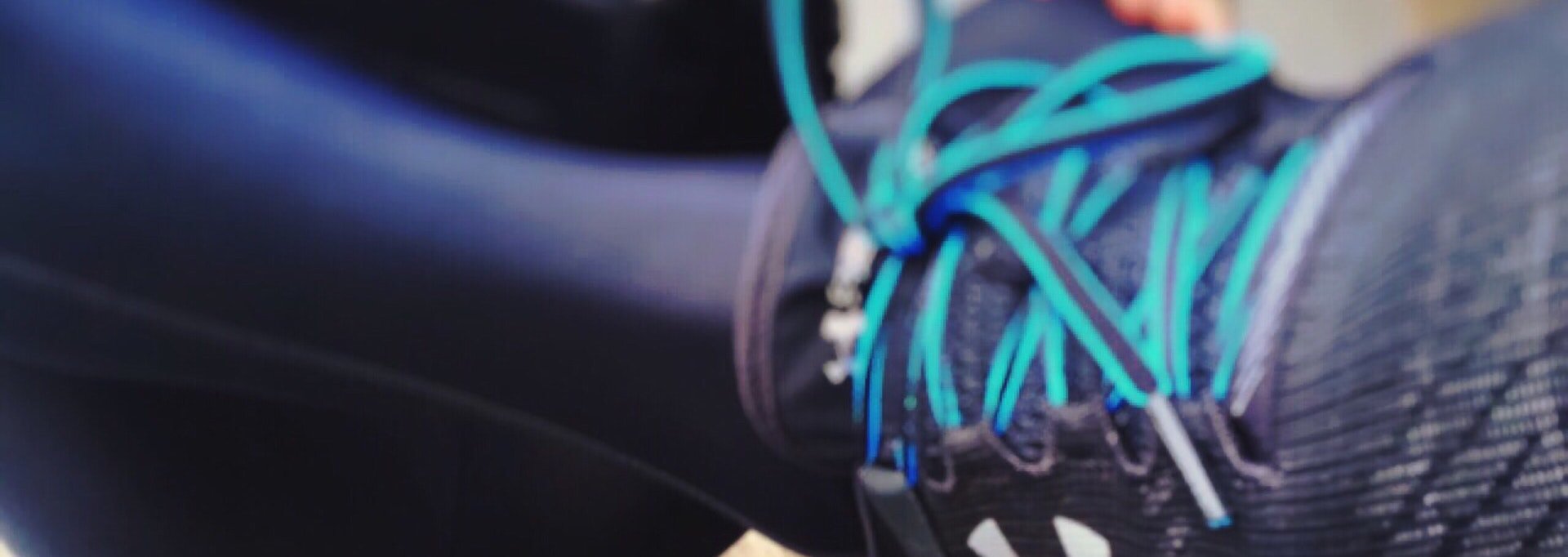What is an Achilles Tendinopathy?
Achilles Tendinopathy, also known as Achilles Tendonitis, is an overuse injury affecting the Achilles tendon at the back of the heel. It was previously thought to be inflammatory, however recent research has identified that it is a degenerative condition of the tendon.
Achilles Tendinopathy is most commonly seen in runners and jumpers due to the additional stresses placed on the Achilles tendon and the repetitive nature of these activities.
If not treated early, it can become very disabling taking months to recover or can lead to a full-thickness tendon rupture (snapping of the tendon).
Signs & Symptoms
- Pain and tenderness of the Achilles tendon
- Tendon stiffness, particularly in the mornings after activity
- A painful swelling or lump in the tendon may be present
- Calf muscle weakness and pain with stretching
- Pain with running, jumping, and stairs/steps
- Constant pain and discomfort as the condition becomes more severe
What causes it?
Achilles Tendinopathy is caused by an overuse of the calf muscles where micro-tears gradually lead to “wear and tear” of the Achilles tendon. There are a number of factors which may increase your risk of develop this injury. These include:
- Excessive pronation (flat feet)
- A sudden increase in your training volume or intensity
- A change in training surfaces, including sand or hills
- Poor flexibility in your ankle
- Tightness or weakness of the calf muscles
- Poor running technique or inappropriate footwear
What can I do?
This is an injury that you really should seek expert care with, as the consequences can be very severe if it is not managed properly, however a good place to start is with RICER.
- Rest (take it easy for a few days if possible, but don't stop doing all exercise, this is bad for tendons)
- Ice (apply ice to it regularly to minimise any swelling)
- Compression (firmly apply a bandage that will help to keep swelling at a minimum, if there is swelling present)
- Elevate (keep the foot resting above your heart if you can to help in reducing any potential swelling)
- Refer yourself (go and see your physiotherapist as soon as possible, you don't need a referral from a doctor)
How can we help?
- Soft Tissue Massage to improve flexibility in your ankle and calf muscles. This will be combined with a home-based Stretching Program.
- Acupuncture / Dry Needling for pain relief and to release painful trigger points.
- Mobilisations / Manipulations (Adjustments) of the ankle and foot joints to help correct movement patterns with running.
- Develop a Strengthening Program to increase your ankle and calf muscle strength.
- Foot & Shoe Assessment to identify if your feet are contributing to your injury.
- Orthotics can be prescribed, if appropriate.
- Perform a Running Analysis to identify if your running technique may be contributing to your Achilles pain. Gait Retraining may be required to help reduce your symptoms.
- Address any Training Errors. This will involve examining your current and future training schedule and advising you on an appropriately modified training program. We may recommend alternate forms of exercise to maintain your cardiovascular fitness during this period.
Is your Achilles pain stopping you from running like you used to? Are you worried you will soon have to give it up altogether? Research shows that physiotherapy is proven to be an effective way of treating Achilles pain.
See an expert at Swan Physiotherapy now to get back on track to running at your best and free of pain or injury!!!
If you are in pain and would like to get it seen to ASAP, book online now.
